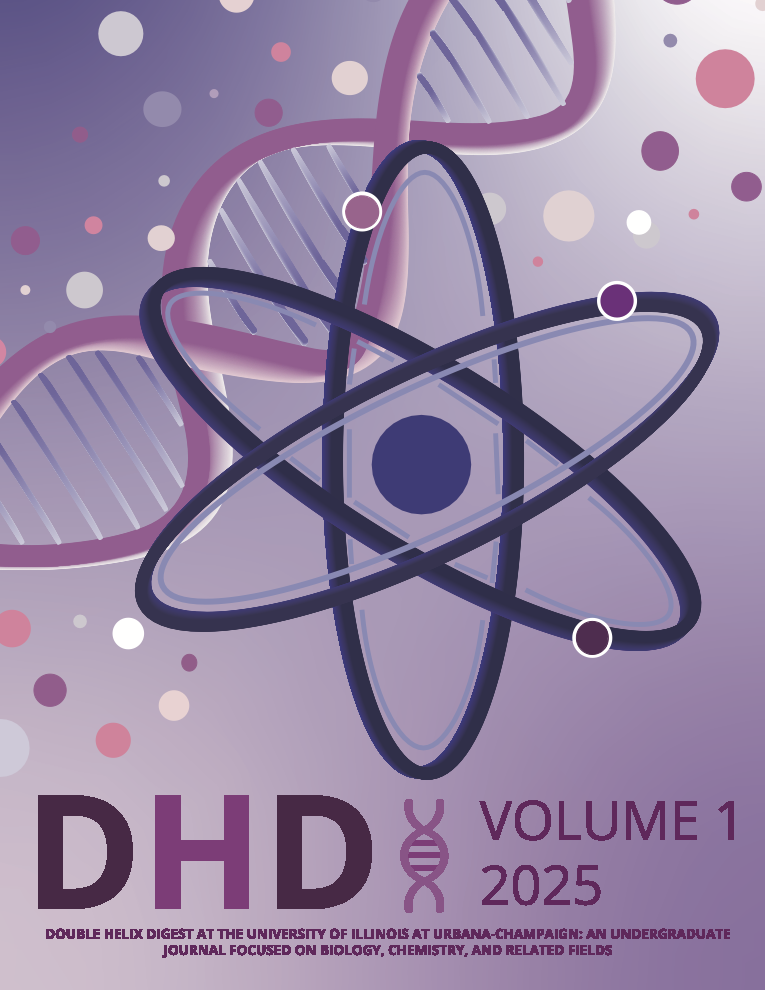The Emotional Processing of Dreaming and Dream Analysis in Exploring and Resolving Emotional Conflicts
Abstract
This article explores how dreams and dream analysis contribute to emotional regulation and psychological development. Drawing from both neuroscience and psychoanalysis, the study considers how dreams may process traumatic and emotional material during REM sleep and how their interpretation in therapy can promote self-awareness and behavioral change. Two complementary frameworks are used: a connectionist model of emotional processing, which explains how dreams link emotionally similar memories to reduce psychological distress, and a cognitive-experiential model of dream analysis, which outlines a three-stage therapeutic approachexploration, insight, and action. Together, these models highlight the interdisciplinary significance of dreaming as both a biological process and a psychotherapeutic tool.

